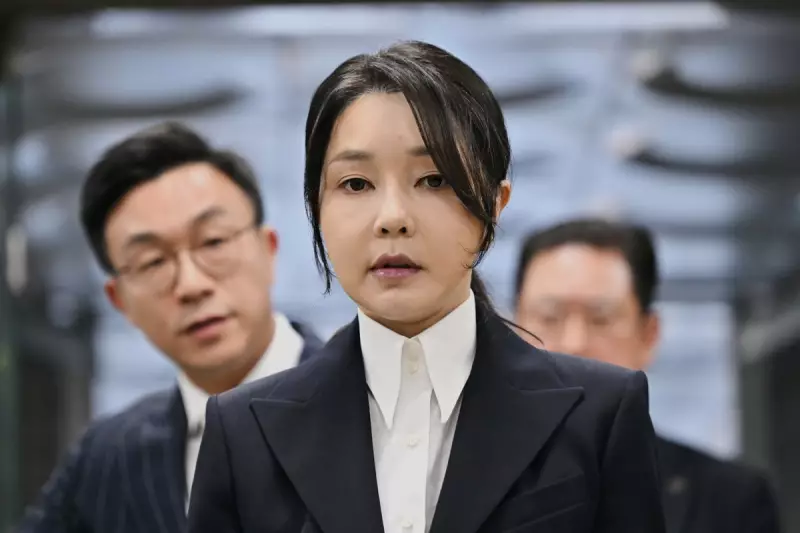
In a horrifying act of violence that has sent shockwaves through the nation, South Korea's primary opposition leader, Lee Jae-myung, was brutally stabbed in the neck during a public appearance in the city of Busan.
The leader of the Democratic Party was touring the site of a proposed new airport when a man, believed to be in his 50s or 60s and posing as an autograph-seeking supporter, lunged at him. The attack was captured on video, showing a chaotic scene as the assailant was swiftly subdued by security and police.
Fight for Life in Seoul Hospital
Mr Lee was initially treated at a local Busan hospital before being airlifted to the prestigious Seoul National University Hospital for emergency surgery. Medical officials have confirmed that the knife pierced a major blood vessel in his neck, causing significant bleeding.
He is currently receiving treatment in the intensive care unit (ICU), with the next 24 to 48 hours being critical for his recovery. Surgeons successfully repaired the damaged jugular vein, but the severity of the injury has left the country on edge.
Assailant Apprehended at the Scene
The suspect was arrested immediately at the scene. During police questioning, he reportedly admitted his intention to kill the politician. Authorities are investigating a possible political motive after discovering a message written on a sign belonging to the attacker, which expressed a lethal intent.
This incident has triggered a massive outcry and raised profound questions about the safety of public figures in South Korea, a country with a history of political violence.
Political Repercussions and National Condemnation
The stabbing has been met with universal condemnation across the political spectrum. President Yoon Suk Yeol, Mr Lee's main political rival, expressed his deep concern, stating that the attack was an “act of terror against democracy and our society.”
Public events for other high-ranking officials have been cancelled as the nation reels from the attack. This event casts a long shadow over South Korea's already intensely polarised political landscape, highlighting the dangerous levels of partisan strife.





